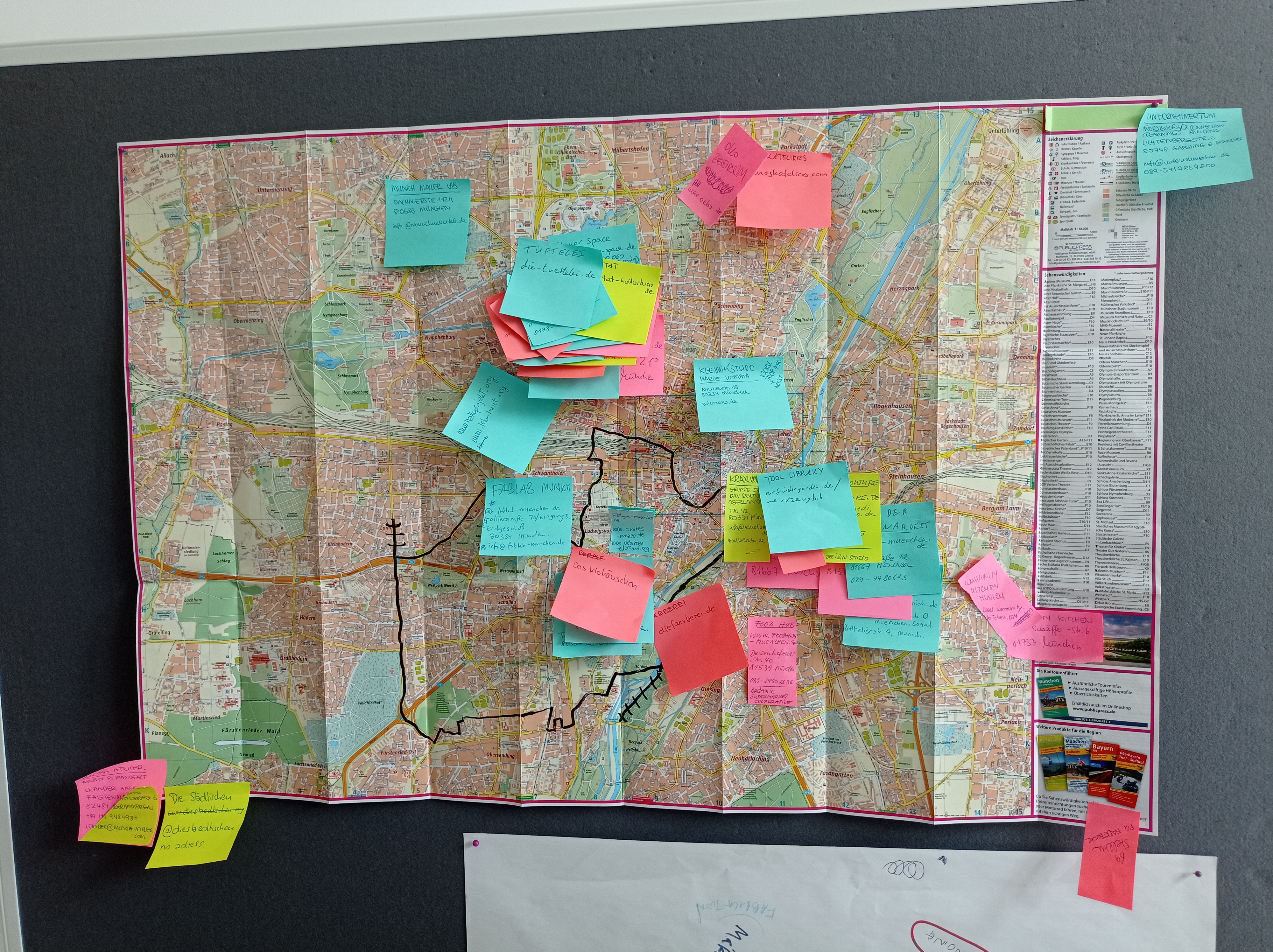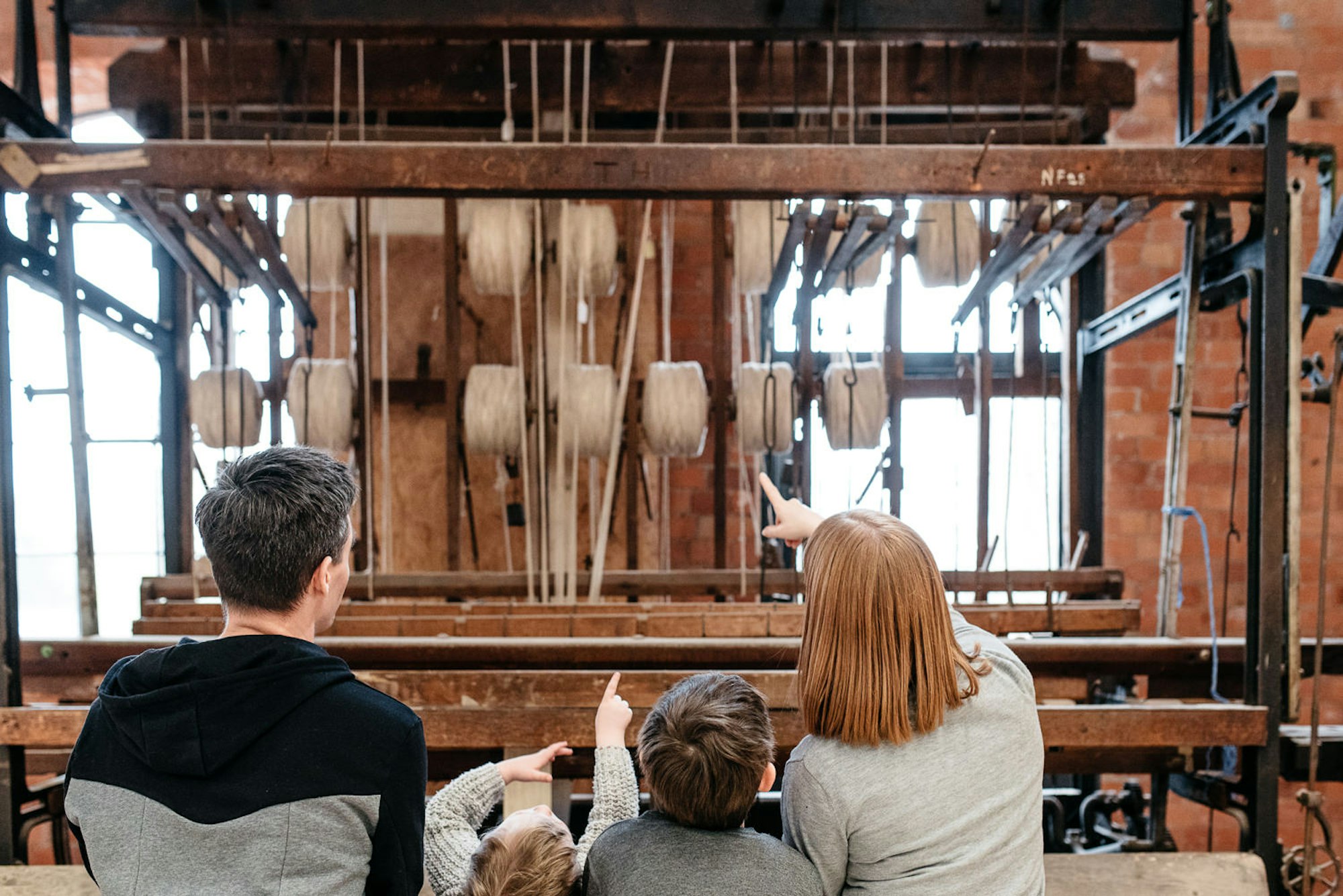Factory Friday: Laser Flair

In our ongoing Factory Friday series, we are delving into the stories behind some of the manufacturing in Scotland that you can find on Make Works.
This week we've interviewed Jane at Laser Flair; who runs a laser cutting and engraving business in Leven, Fife.
1) Why did you decide to start a Laser Cutting business?
I'd always fancied starting my own business but had always struggled for the right idea. During and after the credit crunch, I had difficulties finding the right opportunities in manufacturing companies as I knew that manufacturing was what I loved and wanted to do. Making things has always been something I've loved doing, and the more I looked into laser cutting and its versatility, the more it seemed to be a good way of doing so in a cost effective way. I had originally started the business to make personalised gifts, but contract manufacturing inquiries quickly took over and that's how the business developed. My background was in pharmaceutical and paper making and a good proportion of projects that I managed were contract manufacturing for business customers, so this development suited me perfectly.
2) Being based in Leven, who makes up your regular customer base? And what types of projects do they bring in?
My business in Fife comes in all shapes and sizes. We laser cut formica shapes for Tom Pigeon's jewellery ranges and laser cut and engrave acrylic pieces for Kathryn Williamson Jewellery. We engrave slate coasters as corporate gifts for the Fife Chamber of Commerce and make parts for interactive exhibits for FifeX - everything from foam cogs to acrylic inner ears to wooden bird boxes! FifeX and Tom Pigeon were some of my earliest customers and we've worked together ever since. We've also become friends, and it's been great to see their businesses grow and develop in a few years. They value a very local service and love having me on their doorstep, especially if they have tight timescales! But location is not a barrier to customers. Most of my business comes from across Scotland and the UK. We're within easy reach of Perth, Dundee, Edinburgh and Glasgow, and customers travel from Inverness and Ayrshire to drop off and pick up orders if it suits them.
3) You've been running Laser Flair for 4 years now, digital fabrication is a much faster moving industry than most, what kind of changes have you seen?

CO2 laser technology doesn't seem to have developed much in that time, and remains a good method for cutting and engraving. I was interested to hear recently about a kickstarter project to develop a good value desktop waterjet cutter. It looked great value in comparison with other waterjet cutters on the market and the videos showed great results, but when we checked out the details, they are incredibly slow and consume very large quantities of abrasive, both of which add costs that would prevent the process from being commercially viable for us. There have been initiatives to democratise the production, price and availability of 3D printers for domestic use too, but the trade off is that the machines are very slow, so neither of these machines produced under these conditions are efficient production methods yet and show just how effective and efficient laser cutting is in comparison.
4) Could you tell us about a project that you've made recently that you found particularly challenging?
I'm working on one right now! I'm engraving sample wooden rulers for a customer. It's important to make sure that the scaling is perfect, that scale markings meet the ruler edges perfectly, and that the small numbers on the scale are clear and sharp for the rulers to be functional. It's also essential that the laser maintains good focus, especially on the sloping edges where the scales are, so that the engraved lines are a uniform thickness. And this all needs to be done in the most time efficient way to keep costs down, so handling of the ruler during production needs to be kept to a minimum. There's a lot that can go wrong! And the customer is very discerning and is known for high standards, and I love working with people who value craftsmanship highly.
Recently, I laser cut a fretwork panel from 3mm mahogany for a furniture maker from the south of England. The design had a lot of fine detail and was only to be 70 x 80mm, and I was worried that the piece would be far too fragile, but the mahogany performed well. I love it when customers send me photos of finished work, and I'm really looking forward to seeing what it became part of!
5) Why do you think local manufacturing is important?

Some customers want to use suppliers very local to them for convenience, and it's great to be able to provide that service. People find it reassuring to be able to meet suppliers and talk things over face to face. Seeing where their orders are made, handling samples and learning what's possible is interesting for them, especially if they don't have manufacturing backgrounds. When customers need help with product development, it's really useful to work on a product together with them. I love having feedback from a customer about what they like, what they don't like, and when the result's just right. And I love meeting customers, understanding what they want to achieve and hearing all about their businesses. Meetings like this build confidence on both sides, and many customers have become friends. But some customers don't have the luxury of having a supplier nearby, and want to be able to say that their product is made in Scotland or in the UK. What's most important to me is providing a high quality service that customers can depend on wherever they are in the country. And I love being a special cog in their business wheel.
Thanks to Jane for speaking with us this week!
You can contact Laser Flair through their Make Works listing here.
If you've enjoyed reading this check out a list of Laser Cutters in Scotland
Categories
Factories
Related stories
Factory Friday: Turnberry Rugs
Aero Leather - Scottish manufacturer of leather jackets
Factory Friday: Jay Surfboards
New Make Works Film: Glencraft Mattresses
Manufacturer Case Study: Trakke






